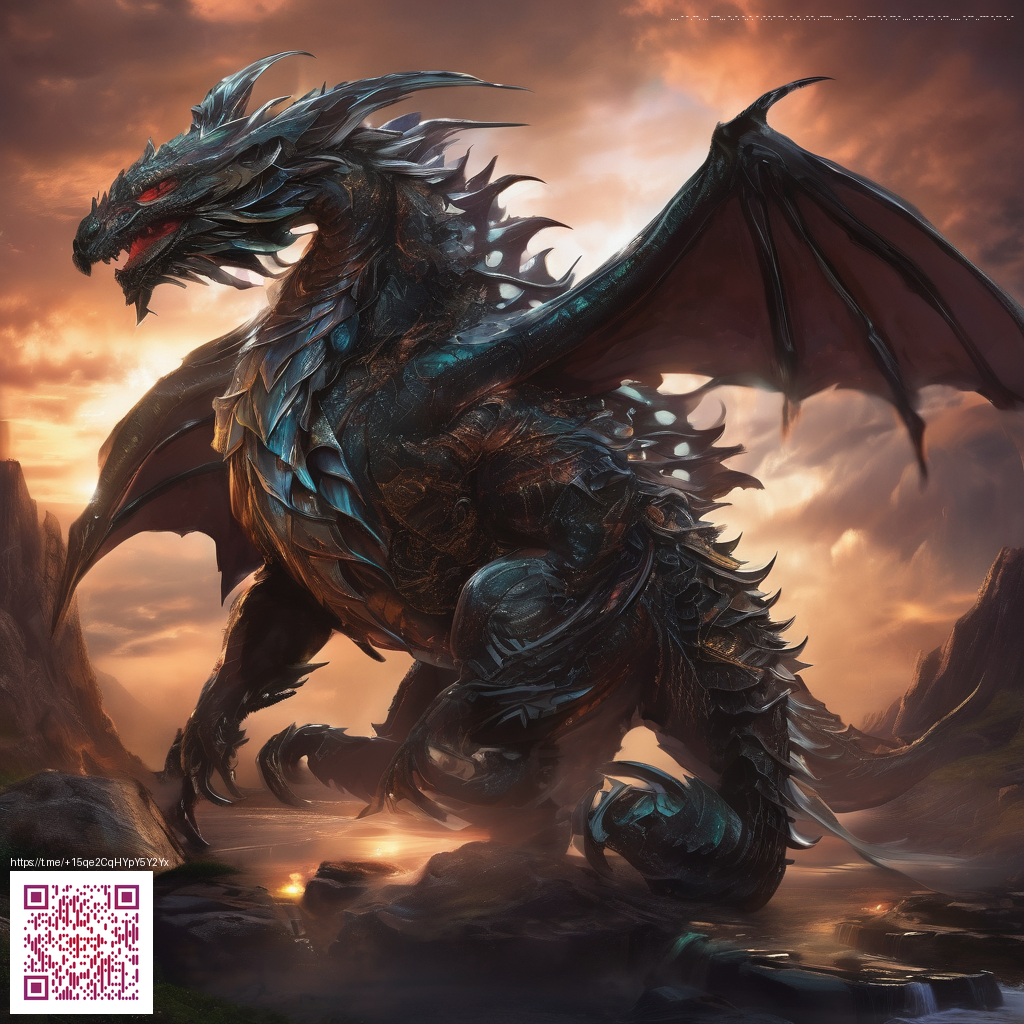
Exploring Strong JRPG Alternatives that Hit the Sweet Spot for Fans of Classic Persona Experiences
Lovers of character driven plots, turn based combat, and meaningful progression will find a familiar thrill in several standout JRPG experiences. This piece highlights five well crafted titles that echo the mood and mechanics that many enjoy in classic role playing games. Expect tight combat design, sprawling worlds, and plenty of moments that reward careful planning and curious exploration 💠
Strategic combat that invites thoughtful setup
Shin Megami Tensei III Nocturne HD Remaster leans into its signature demon fusion and risk driven battles. Players assemble a diverse roster, fuse abilities, and exploit enemy weaknesses to gain an edge. The atmosphere is darker and more contemplative than glossy anime fare, and dungeon traversal rewards patient mapping and resource management. The modern polish helps new players ease in while still delivering a stern challenge for veterans.
Dragon Quest XI S Echoes of an Elusive Age S offers a more classic cadence with a modern sheen. Its turn based system is approachable yet deep, featuring strong party synergy and well paced encounters. While it trims away the social sim layer, the game rewards meticulous exploration and strategic positioning during encounters, making every skirmish feel earned rather than routine. The 2D retro mode added in the S edition is a delightful nod to longtime fans and adds a fresh rhythm to the adventure 🌑.
Tales of Berseria shifts the balance toward a darker tone and high tempo combat that still rewards strategic planning. The real time action blends with a rich narrative around motive and choice, challenging players to balance offense and party setup on the fly. Boss sequences demand reading enemy cues and coordinating with teammates, which hits a similar dopamine line as a well executed social link payoff in other JRPGs.
The Legend of Heroes Trails in the Sky and Trails of Cold Steel IV bring elaborate story arcs, meticulously designed worlds, and tactical battles that honor planning. These series emphasize character interconnections, long term growth, and a sense of progress through dialogue, side quests, and branching narratives. If you value a well plotted epic with careful pacing, these entries are a natural fit for your gamer appetite.
Story depth and a cast that sticks with you
Persona fans often cherish a memorable ensemble and a world that feels lived in. The recommended lineup here leans into richly written companions and evolving relationships, whether through witty banter during safe zones or tense exchanges during critical moments. Dragon Quest XI S delivers an uplifting, often humorous squad dynamic that shines through a storybook setting, while Trails entries weave political intrigue and personal growth into every chapter. Berseria leans into a propulsive personal journey where character decisions ripple through the narrative and reshape outcomes.
For players who enjoy major revelations and character driven arcs, these titles offer generous story time without sacrificing interaction. Expect dialogue that reveals motives, backstory, and hidden loyalties at moments when the world seems to hinge on a single choice. The payoff tends to come in layers, rewarding careful listening and repeated playthroughs to catch subtle hints sprinkled across towns and dungeons 🌙.
Accessibility and quality of life that invite longer sessions
Across these games, modern patches and ports have targeted smoother experiences without stripping away core identity. The PC ports and optional difficulties let players tune the pace and challenge to their taste, while auto saves, skip options, and UI improvements reduce friction. Casual players can still savor exploration, while hardened fans can push the limit on enemy patterns and resource management.
In addition, updates often refine localization, controller support, and accessibility settings, which broadens who can enjoy these worlds on return visits. The balance between artful storytelling and robust game systems remains a guiding principle, and that balance is what keeps these titles playable and compelling well beyond a single playthrough. The result is a library that feels alive even as new releases come and go 💡.
Modding and the PC gateway to extended JRPG life
Modding communities thrive when ports land on PC or receive strong enhanced editions. Players experiment with balance tweaks, quality of life improvements, and cosmetic options that breathe new life into familiar scenes. Even when a game originated on a console, the PC audience often contributes to longevity through fan created guides, accessibility patches, and cross platform comparisons. That collaborative energy helps keep the conversation around these games vibrant and ongoing.
Developers themselves frequently reflect on design choices that invite this kind of engagement. A well paced narrative, clear progression curves, and generous opportunities for exploration typically translate into enduring enthusiasm from fans who love to dissect systems and share optimizations with the community. The result is a healthy ecosystem where players feel heard and developers see their work extended in unexpected ways.
A few practical reads and community voices
The following readings and conversations offer deeper takes on how to craft immersive RPG experiences that balance story with systems. They serve as a useful compass for players who want to think beyond simply playing the next quest and instead study how design decisions shape the journey. 💬
If you enjoy this kind of analysis, consider supporting a decentralized internet through this donation
Donate to support a decentralized internet